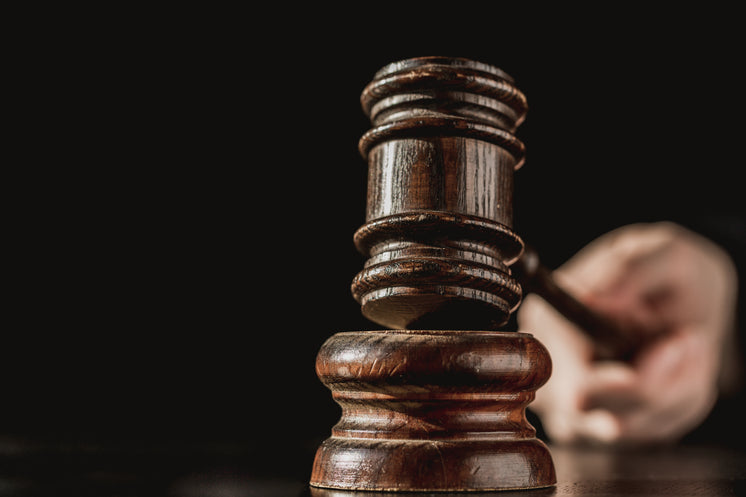youngcrook9456
About youngcrook9456
Legal aid in the UK is a crucial aspect of ensuring that access to justice is available to all, regardless of financial situation.
As a result, many people are now forced to represent themselves in court, a situation known as ”litigants in person.” This has raised concerns about the fairness of the legal system, as individuals without legal expertise may struggle to navigate complex legal processes and present their case effectively. The issue is especially prevalent in family law cases, where emotional and personal stakes are high.
Whether hearing criminal cases in the Crown Court, resolving family disputes in the Family Court, or interpreting devolved legislation in tribunals, the law courts in Wales are essential to delivering justice—and shaping the future of Welsh law.
Sheriff Courts are the backbone of the Scottish court system. They handle both civil and criminal cases and are overseen by sheriffs—legally qualified judges. Civil matters in Sheriff Courts include family law, debt recovery, and personal injury claims. In criminal cases, sheriffs may hear summary cases (less serious offences) and solemn cases (more serious offences, potentially with a jury).
England, along with Wales, shares a common legal jurisdiction known as the legal system of England and Wales. This system is internationally influential and has shaped legal traditions in many other countries through its roots in common law.
Justice of the Peace Courts are led by lay magistrates—non-legally trained volunteers—who deal with minor criminal offences, such as public order offences. They can impose fines and short custodial sentences, but their powers are limited.
In contrast to Scotland and Northern Ireland, Wales does not currently have an independent court structure. However, growing devolution have led to a distinct body of law that applies only in Wales, particularly in areas like education, health, and housing.
Above the High Court is the Court of Appeal, which reviews decisions made by lower courts. It is split into two divisions: Civil and Criminal. The Court of Appeal plays a critical role in shaping the law by setting legal precedents and clarifying interpretations of statutes and case law.
County Courts handle civil matters such as personal injury claims, and they also oversee family law and small claims. More serious cases or those involving higher financial stakes may be escalated to the High Court or the Crown Court depending on whether they are civil or criminal in nature.
In conclusion, legal aid in the UK is an essential component of the justice system, providing individuals with access to legal representation and advice, regardless of their financial circumstances. Despite facing significant challenges due to funding cuts and restrictions, legal aid remains a vital service for ensuring that everyone has the opportunity to access justice. Whether in criminal, civil, or family law cases, legal aid helps to level the playing field and ensures that the legal process is fair for all. With ongoing advocacy and reforms, there is hope that legal aid can be expanded and improved to better serve those in need in the future.
One widely reported case occurred in London, where a solicitor slipped on a wet floor in a courthouse lobby. No signage had been posted, and CCTV footage confirmed the lack of warning. The incident resulted in a serious back injury, and the injured party later pursued a personal injury claim against the Ministry of Justice. The case highlighted that even government premises are subject to the same health and safety laws as private businesses.
County Courts handle civil cases such as personal injury claims, family matters, landlord-tenant disputes, and breaches of contract. These courts are often the first point of contact for individuals involved in non-criminal legal disputes.
In civil law, there have also been numerous claims stemming from court building accidents. Personal injury solicitors frequently handle cases where clients have suffered due to negligence within public buildings—including courts. If you loved this posting and you would like to receive extra data with regards to law firm lead generation kindly stop by our own web page. Claims typically cover medical expenses, lost earnings, and general damages for pain and suffering. Defendants in these cases are usually government departments or local authorities responsible for court maintenance.
 Accessibility is another key area. Under the Equality Act 2010, all public buildings, including courts, are required to be accessible to individuals with disabilities. This includes safe entry points, ramps, elevators, and accessible toilet facilities. Failure to meet these requirements can not only cause accidents but also constitute a breach of equality laws.
Accessibility is another key area. Under the Equality Act 2010, all public buildings, including courts, are required to be accessible to individuals with disabilities. This includes safe entry points, ramps, elevators, and accessible toilet facilities. Failure to meet these requirements can not only cause accidents but also constitute a breach of equality laws.
Ensuring safety in UK court buildings is not just a legal requirement—it’s a moral obligation. All individuals—regardless of their role—deserve to feel safe within the justice system. Addressing these issues with proper funding, oversight, and accountability is essential to maintain the integrity and humanity of the legal process.
The structure of law courts in Wales mirrors that of England. It includes the Magistrates’ Courts, Crown Courts, County Courts, and the High Court of Justice. Appeals may go to the Court of Appeal and, in certain circumstances, to the Supreme Court of the United Kingdom.
No listing found.
